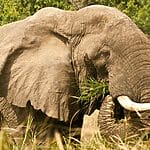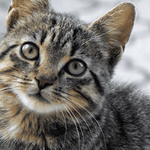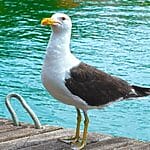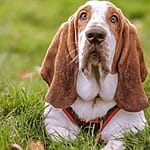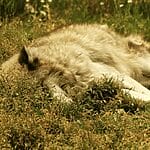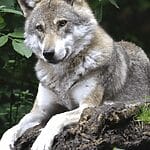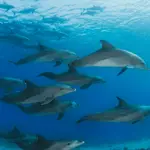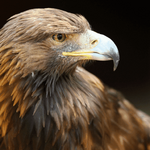Due to their lifestyle and appearance, opossums are rightly or wrongly considered to be rodents – a fact that often leads to them being poorly treated, or classified as vermin by home and business owners alike.
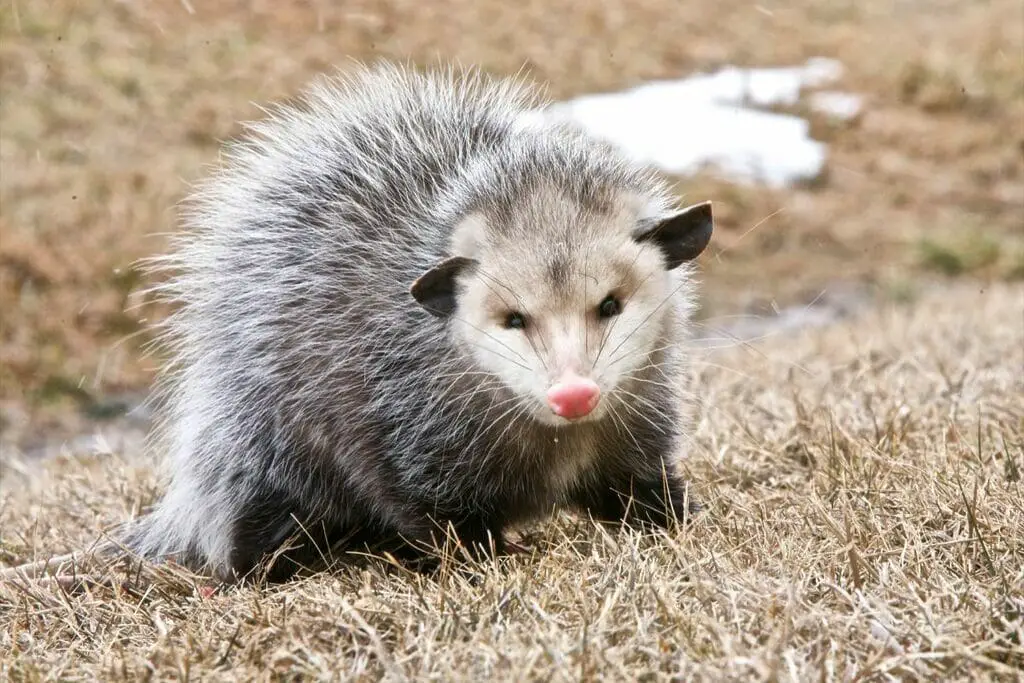
But what exactly are opossums, and which family do they belong to?
What Are Opossums?
While opossums get wrongly classified as rodents all the time, they are actually members of the marsupial family, and can be classified as such by their distinctive pouches – wherein the mother suckles the young opossum until it is older enough to survive on its own.
Opossums can be found in several locations around the world – with two prominent locations being Australia and the surrounding territories, and North America, where the Virginia Opossum is the most prominent species.
Why Do People Think They’re Rodents?
Opossums often get wrongly classified as rodents due to their lifestyle. They are omnivores by nature, and live scavenger lifestyles that see them feeding on meat, plant matter, and human food and garbage.
It is not unusual to see them searching for food in dumpsters – both in Australia and the United States – which has led to their association with other rodents such as rats and mice.
What’s more, this association with rodents often leaves them getting classified as vermin – a label that can lead many people to cull or attack them, out of fear of disease or other bacteria.
Do Opossums Carry Diseases?
Of course, all wild animals have the propensity to carry diseases, given the right combination of circumstances.
Opossums do carry some diseases, which consist of pathogens and bacteria that can cause illness amongst humans and pets.
This is generally spread through contact with opossums urine or feces, or indeed any other bodily fluid, and can prove unpleasant for animals and humans who become infected.
Similarly, they can also carry fleas and ticks – a consequence of living in the wild, and scavenging in garbage.
This can obviously be unpleasant and potentially dangerous for pets and humans alike, which is one reason why people are nervous around opossums, and often consider them vermin.
They can also carry a disease called tuberculosis leptospirosis, which can be transmitted to both humans and their household pets.
How Do Marsupials Differ From Rodents?
There are many factors within the physiology of opossums that distinguish them from rodents.
Teeth
For starters, opossums have completely different dental structures to rodents, and have around 50 teeth, consisting of incisors, canines, premolars, and molars.
In many ways, their dental arrangement is similar to humans – as we, like them, observe a generally omnivorous diet.
Rodents do not have the same dental arrangement, possessing strong incisors on the front of their mouths, molars at the back, and a sizable gap between the two sets of teeth.
This is known as a diastema, and allows rodents to store food in their cheeks without the obstruction of teeth – which is why animals like hamsters can fit so much in their cheeks, to the point where they appear swollen and enlarged.
Pouches
Female opossums also have pouches, wherein the young migrate into it and suckle on their teats for sustenance when they are old enough.
This is different from rodents, which follow typical mammalian practices of producing live young through birth.
This means that both creatures generally have startlingly different gestation periods for their young, with marsupials having a much shorter gestation period, and the young developing basic movement much earlier than their rodentine counterparts.
Do They Have Any Similarities?
The main source of the comparison has to be their comparative lifestyles. Most rodents follow omnivorous diets, just like opossums, which sees them consuming both meat and plant matter.
By and large, rodents and marsupials also share the same habitats – woodland areas with plenty of vegetation and a close proximity to water.
Unfortunately, as human beings have extended the boundaries of cities, towns, and suburban areas, they have come more into contact with these habitats, forcing marsupials and rodents alike to forage in urban areas for their food.
If humans never actively encountered these creatures in urban areas, then they wouldn’t have the same mental association with vermin as they currently do.
Should Possums Be Considered Vermin?
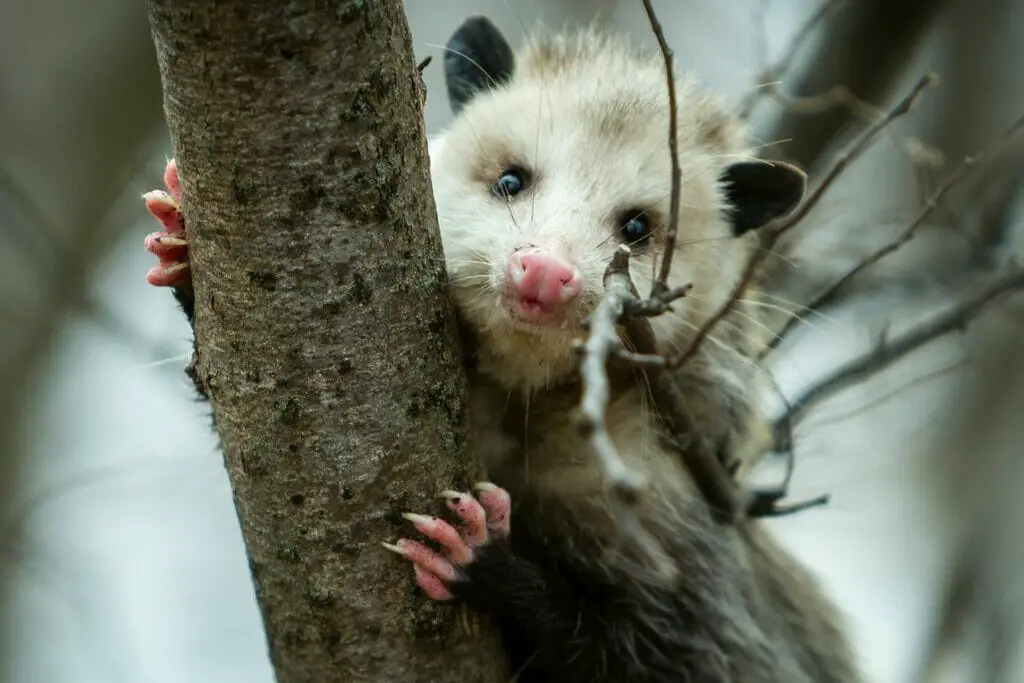
People will always fear what they don’t understand, and unfortunately, they have come to associate dumpster diving animals as vermin and carriers of disease.
But opossums really are more than that, and shouldn’t be considered pests or vermin at all.
In fact, opossums have many uses that make them a benefit to any urban area, and if people were aware of those factors, then they might start to get a better rap amongst humans.
What Benefits Do Opossums Bring?
The main benefit of opossums is that their omnivorous diets make them great for controlling the real pests – such as invasive insects, small rodents, reptiles, and other creatures that pose far greater risks to human habitation.
When opossums take refuge in human homes, such as in crawl spaces and amongst insulation, they can also be good for cleaning out termites and other pests that can cause damage and disarray within the home.
Of course, having opossums living in your walls is neither ideal, nor a solution, but it is one example of how their lifestyle can prove useful.
They also feed on dead carcasses, which can be great for suburban areas that have frequent problems with roadkill. Opossums will feed on this roadkill, cleaning areas that would otherwise have rotting meat in them.
Final Thoughts
And there we have it, everything you need to know about opossums, and whether or not they are rodents.
While there are certain similarities in terms of lifestyle and eating patterns, rodents and marsupials are very different creatures.
However, with proper understanding and education, perhaps the stigma faced by opossums can one day be changed, taking into account their differences, and the benefits they have to habitats.

